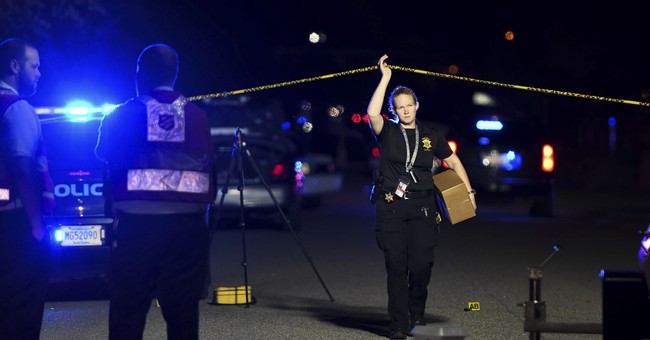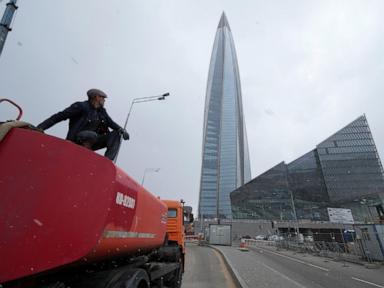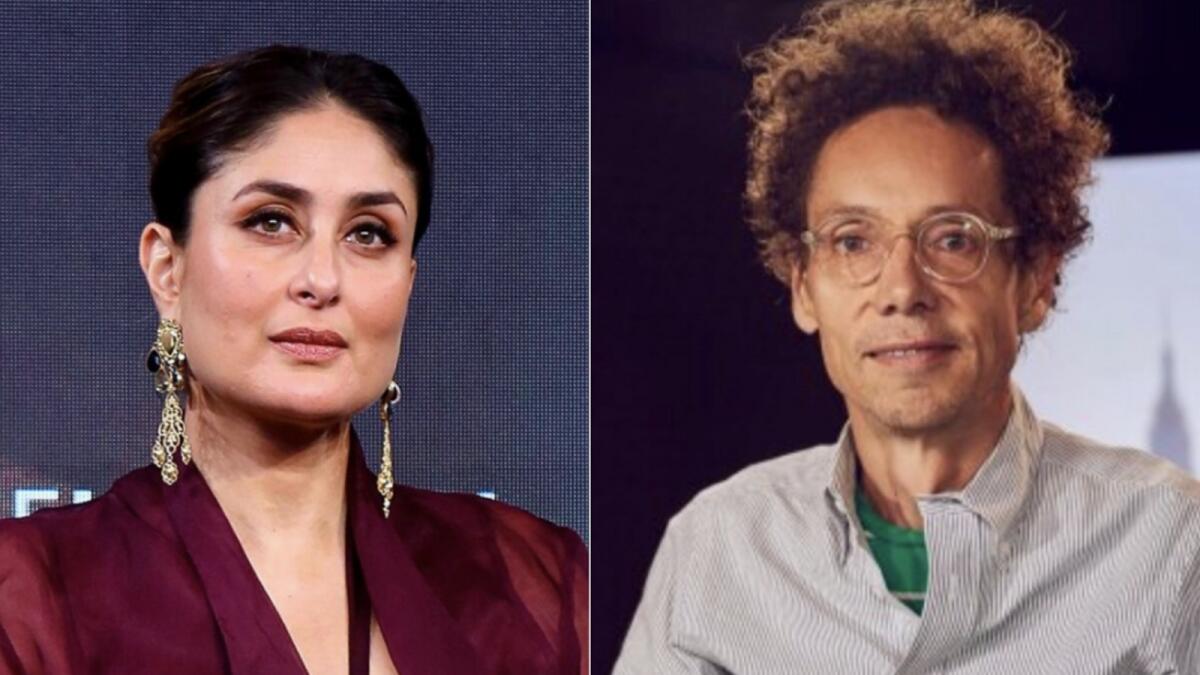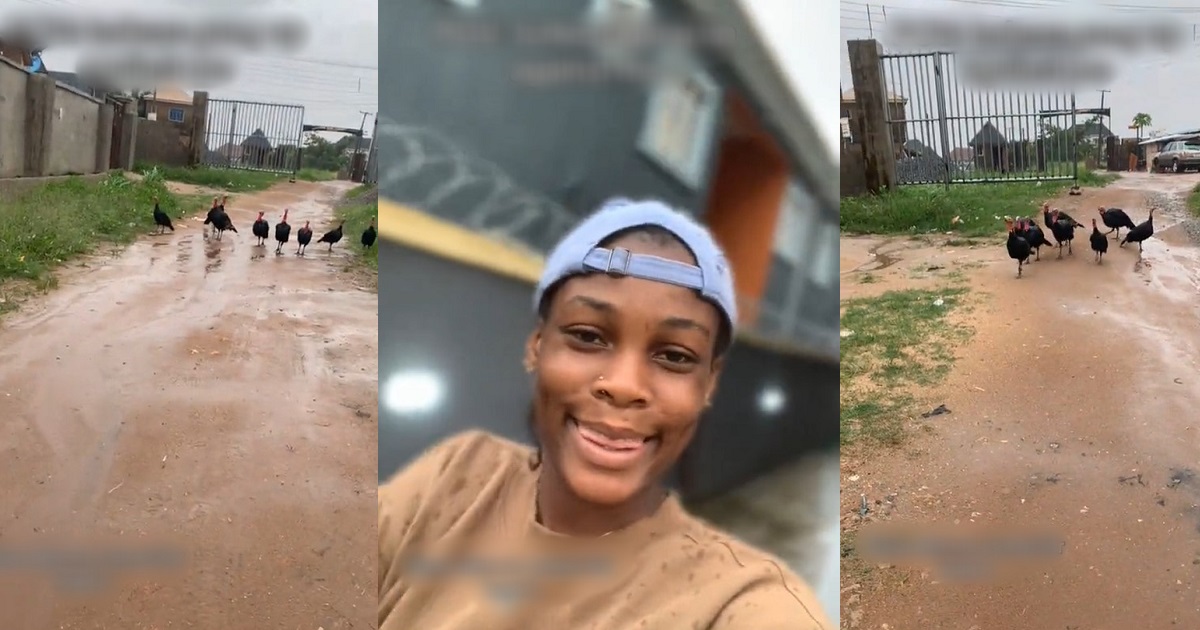Former Gauteng acting police commissioner major general Tommy Mthombeni’s testimony before the South African Human Rights Commission (SAHRC) hearing into last July’s riots paints a rather grim picture of a security cluster that did not quite have its act together.
In the wake of Police Minister Bheki Cele’s testimony on Monday that he was left “in the dark” by national intelligence, Mthombeni was always going to have a difficult time explaining how his officers on the ground seemed woefully not up to the task of stopping scores of looters from making off with their illicit bounty.
According to Mthombeni, in the lead up to the riots, he too had not been furnished with the necessary briefings, despite sitting in on security meetings. Between 29 June and 10 July, the D-day of the riots, Mthombeni said he had “no early warning indicating the possibility of a mass unrest”.
He also testified that his attention, at a time when the country had been shifted from a level three to level four Covid-19 lockdown, was focused on Gauteng’s struggles with an “increase of the numbers of people who were infected with Covid-19”.
Probed as to why the requisite intelligence had not landed on his desk, Mthombeni said he wouldn’t know, but “maybe it was a lack of the gathering [of intelligence] by the people on the ground”.
In the absence of such intelligence, Mthombeni said he was, at times, forced to act on informal information on social media, including WhatsApp groups. Having been unable to prevent the rampant looting, the police service was left with trying to confiscate suspected stolen items.
On this score, it was put to Mthombeni why the police, under the banner of “operation reclaim the loot” appeared initially to be targeting an informal settlement near Sandton. Was there no possibility that some of the stolen goods could have been spirited off to more suburban dwellings?
Furthermore, in the aftermath of the riots, it emerged that an official police document had been leaked, compelling the SAHRC to ask if this was “not a fact on the failure of SAPS [South African Police Service] to retain confidential information?”
To this Mthombeni pointed out that, in post-riot police work, certain information had to be shared with various interest groups and districts and that one of these managers happened to pass the information on. Mthombeni did concede that “it is the responsibility of SAPS to ensure no leaks”.
His testimony also revealed how pressured and under-staffed the police service found itself.
“We saw members of the police service not apprehending people who were taking, appropriating items from shops” said the SAHRC. “Did you take any action? Because people were watching this, some became emboldened …”
To this Mthombeni responded that when he was on the ground at Jabulani Mall, his servicemen were surrounded by 3 000 looters, adding: “You will not be in a position to apprehend all these people.” The police were, however, able to process at least 42 arrests, he added.
Note: This article have been indexed to our site. We do not claim legitimacy, ownership or copyright of any of the content above. To see the article at original source Click Here













